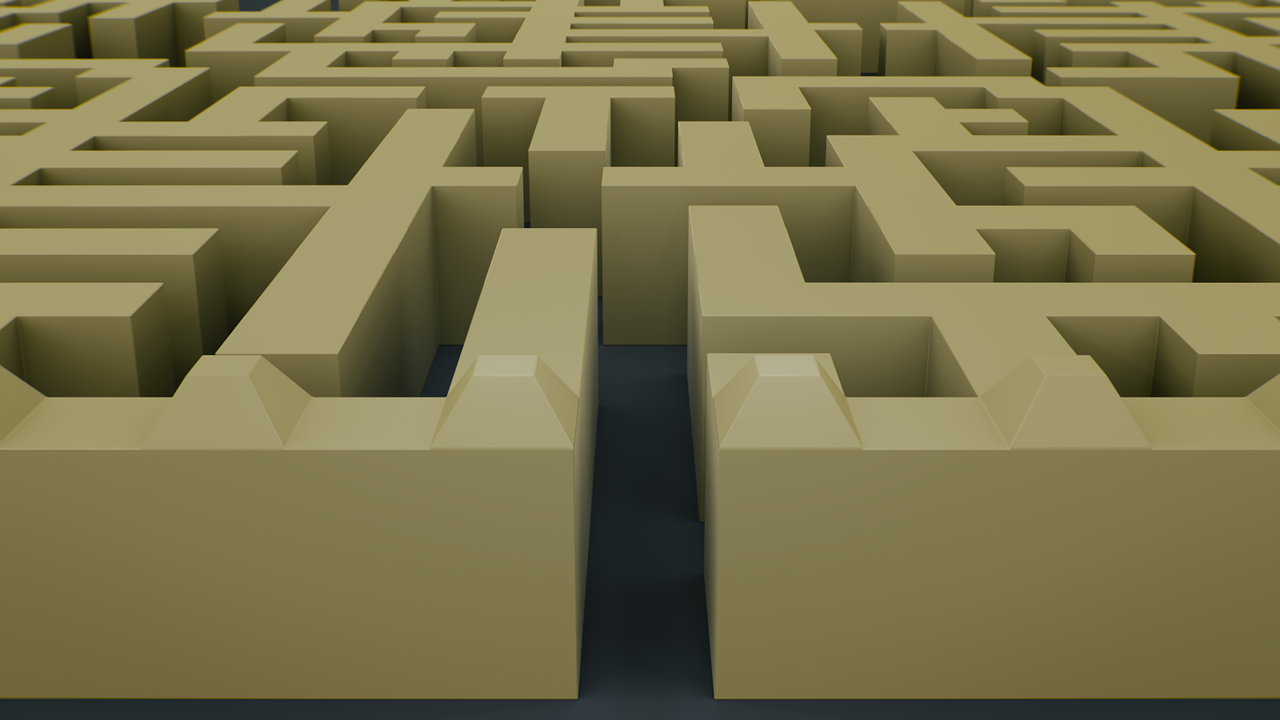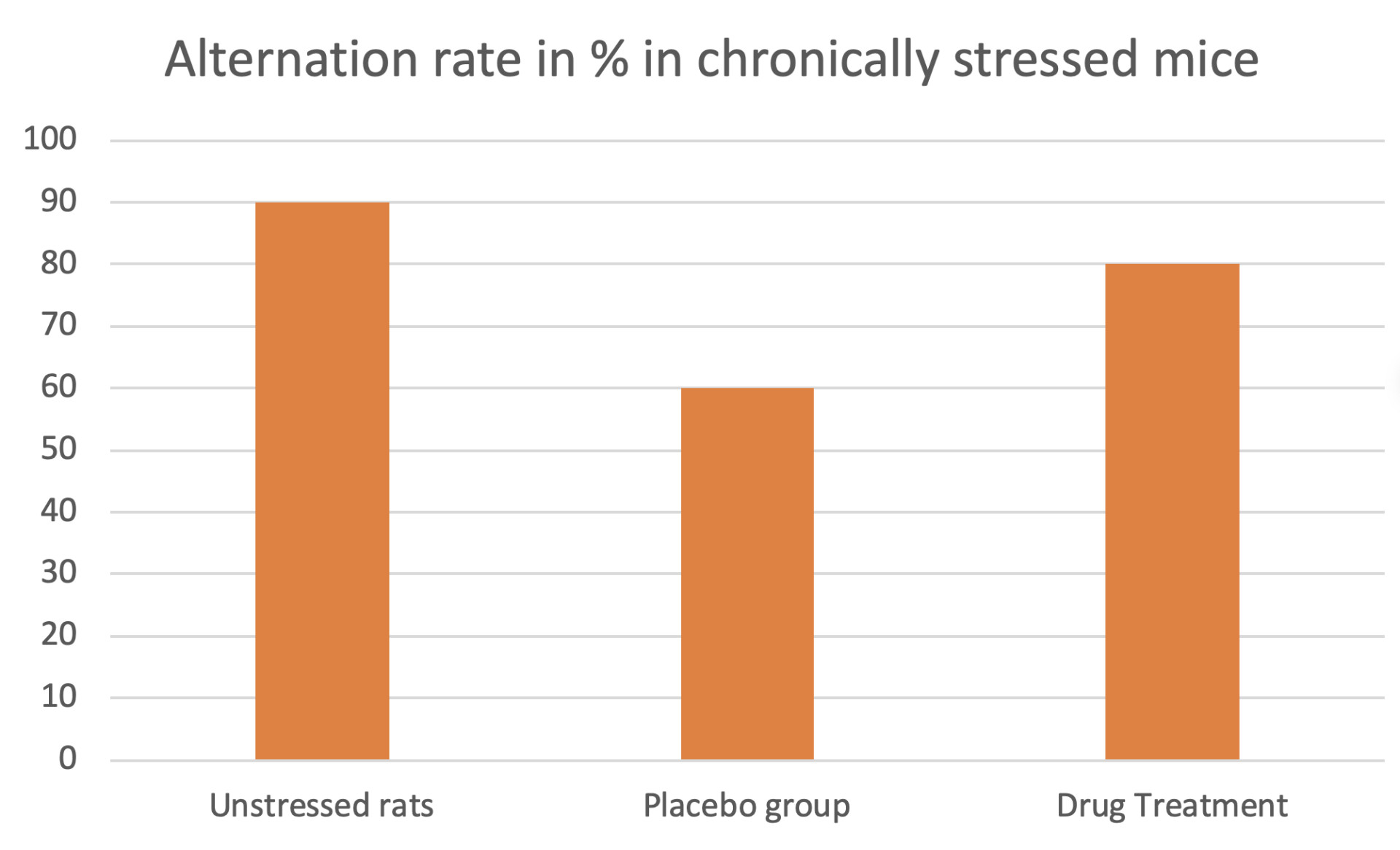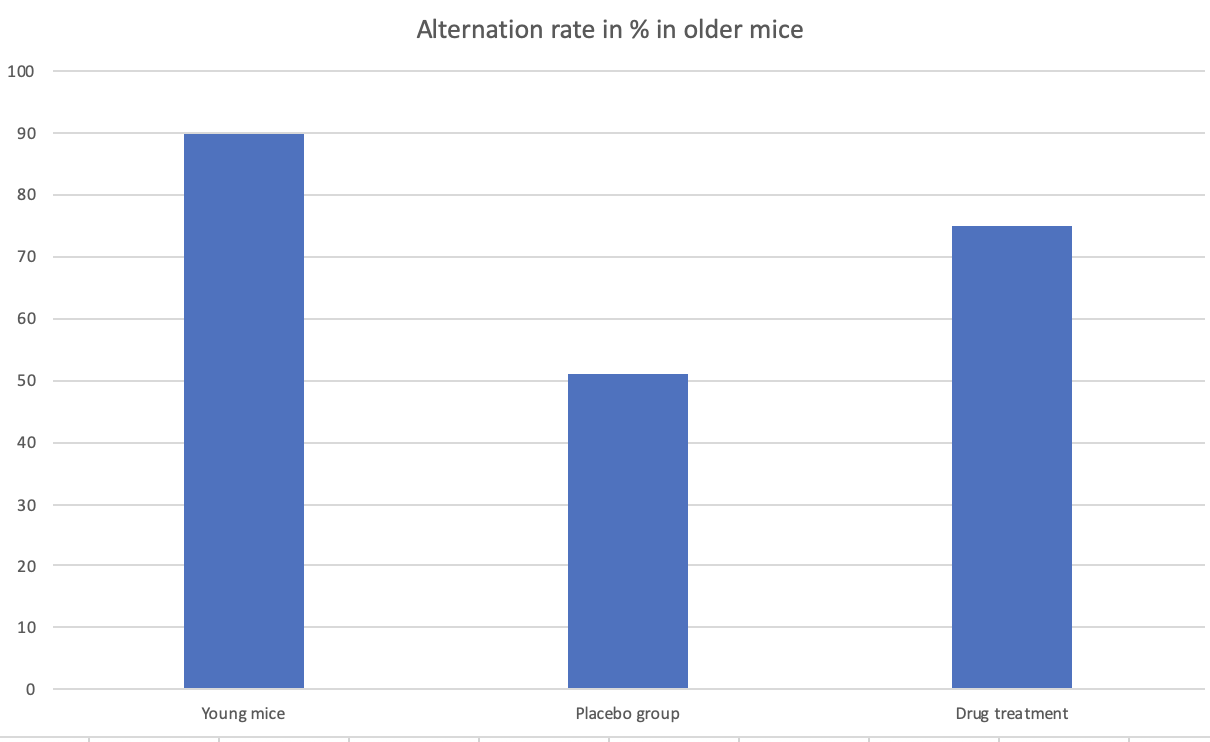Prevot et al (2019)
 As of the May 2020 exam, students may be asked about the role of an inhibitory neurotransmitter on behaviour. In order to provide a context to the biological approach, I focus primarily on memory. GABA, an inhibitory neurotransmitter, plays a key role in memory formation. It appears that this neurotransmitter inhibits neural activity both in the hippocampus and in the frontal lobe. This inhibition of neural activity allows us to increase our cognitive load - that is, how we are able to use our working memory. When GABA levels are low, intrusive thoughts may make it difficult for us to concentrate and lay down new memories.
As of the May 2020 exam, students may be asked about the role of an inhibitory neurotransmitter on behaviour. In order to provide a context to the biological approach, I focus primarily on memory. GABA, an inhibitory neurotransmitter, plays a key role in memory formation. It appears that this neurotransmitter inhibits neural activity both in the hippocampus and in the frontal lobe. This inhibition of neural activity allows us to increase our cognitive load - that is, how we are able to use our working memory. When GABA levels are low, intrusive thoughts may make it difficult for us to concentrate and lay down new memories.
Studies of memory and GABA focus on two key areas - the ability to suppress intrusive memories in the treatment of PTSD and the role of high levels of GABA in memory loss - including Alzheimer's disease.
In a study by Schmitz et al (2017), participants were given pairs of words to associate with one another. The words were unrelated in order to make sure that prior knowledge would not influence the participants' ability to recall the word pairs. While in an fMRI, they were either shown a green or a red signal. If the signal was green, they were instructed to try to recall the other half of the pairing, and if it was red, they were told to try to deliberately suppress the associated term from their mind. Participants with the highest concentrations of GABA in the hippocampus were best at suppressing unwanted thoughts.
In a study by Porges et al (2017), the researchers looked at GABA concentrations in the frontal lobe in a sample of 94 older adults without a history of dementia. The mean age was 73 years. The participants were asked to take the Montreal Cognitive Assessment to test their cognitive functioning.
The researchers found that there was a correlation between higher concentrations of GABA receptors in the frontal lobe and superior cognitive performance. This is significant because GABA concentrations decrease with age. This research may lead to important treatments for people suffering from dementia. The following study is an animal study that investigates whether the manipulation of GABA levels could have a positive influence on impaired memory function in an animal model.
Prevot et al (2019) hypothesized that using an agonist (an imidazobenzodiazepine) which activates the α5-GABA receptor sites in the hippocampus would increase the inhibition of neural activity which would then lead to improved memory function. The researchers used a sample of mice that suffered from memory impairment as a result of chronic stress - and older mice that demonstrated memory impairment.
Mice were placed alone in a ‘Y’ shaped maze, a task is used to test spatial working memory. Mice with healthy working memory are able to alternate between the two arms of the "y" when continually placed back at the start of the maze. Mice that have impaired working memory are more likely to explore the same arm of the "y" that they just explored - and they tend to wander more aimlessly in the maze.
The researchers carried out a double-blind experiment with a pre-test/post-test design. The mice were either allocated to the placebo condition (the control condition) or to drug condition. You can see below the results in both the chronic stress and aged mice samples.

You can see in this graph that the drug treatment group performed almost as well as the mice that had not been chronically stressed.
** The graph is based on the graph included in the original report. The actual data was not available, so the graph is an approximate representation of the data.
 As you can see in the previous graph, older mice treated with the drug showed significantly higher levels of performance on the task than does those that received the placebo.
As you can see in the previous graph, older mice treated with the drug showed significantly higher levels of performance on the task than does those that received the placebo.
In both cases, there was an improvement in spatial working memory in the mice that were given the GABA agonist.
After the study, the mice were sacrificed. The researchers found that the mice with the drug treatment showed new hippocampal cell growth, reversing the effects of stress and aging.
The researchers used an experimental design with both a healthy control and a placebo group in order to establish a cause-and-effect relationship. The experiment was done blindly to control for researcher bias.
Although the study is very recent, it is based on established theory - that is, a body of research that has similar results, based on assumptions about the role of GABA in memory. For example, this study confirms some of the findings of Koh et al (2017). It also may confirm the role of GABA in dementia as seen in the study by Porges (2017).
The study makes use of an animal model. We can only cautiously generalize to humans, in spite of the similarities of the role of GABA in memory in humans. The drug will have to go through human testing to determine if the findings are generalizable to a human sample.
Ethical considerations are essential in this study as mice are sacrificed as part of the study.
Koh, M. T., Rosenzweig-Lipson, S., & Gallagher, M. (2013). Selective GABAA α5 positive allosteric modulators improve cognitive function in aged rats with memory impairment. Neuropharmacology, 64, 145–152. doi: 10.1016/j.neuropharm.2012.06.023
Porges, E. C., Woods, A. J., Edden, R. A., Puts, N. A., Harris, A. D., Chen, H., … Cohen, R. A. (2017). Frontal Gamma-Aminobutyric Acid Concentrations Are Associated With Cognitive Performance in Older Adults. Biological Psychiatry: Cognitive Neuroscience and Neuroimaging, 2(1), 38–44. doi: 10.1016/j.bpsc.2016.06.004
Prevot, T. D., Li, G., Cook, J. M., & Sibille, E. (2019). Insight into Novel Treatment for Cognitive Dysfunctions across Disorders. ACS Chemical Neuroscience, 10(5), 2088–2090. doi: 10.1021/acschemneuro.9b00148
Schmitz, T.W., Correia, M.M., Ferreira, C.S. et al. Hippocampal GABA enables inhibitory control over unwanted thoughts. Nat Commun 8, 1311 (2017) doi:10.1038/s41467-017-00956-z

 IB Docs (2) Team
IB Docs (2) Team
